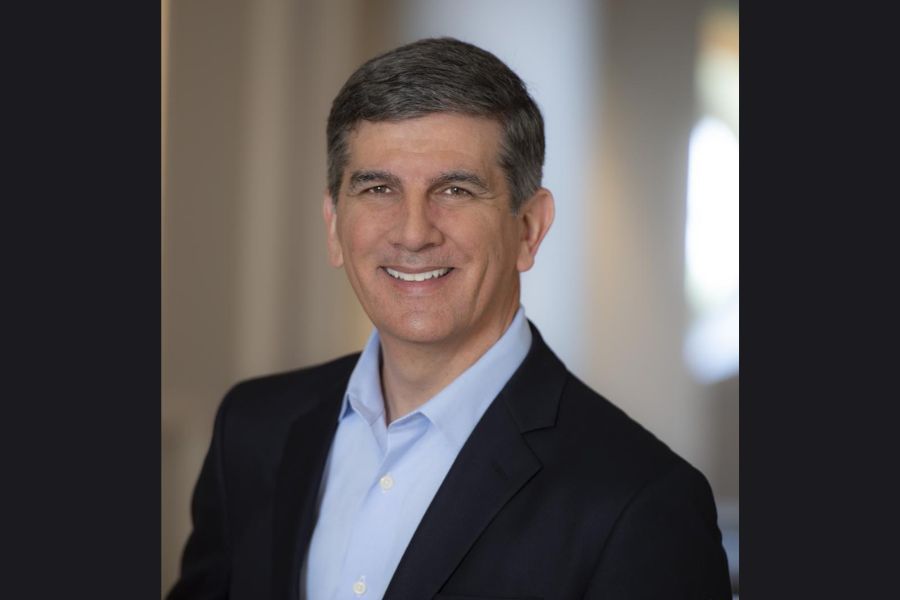Why advisers aren’t true professionals
Financial advisers can learn a valuable lesson from accountants about professionalism and adherence to a fiduciary standard.
Financial advisers can learn a valuable lesson from accountants about professionalism and adherence to a fiduciary standard.
Recently, in preparation for a talk at the annual conference of the personal-financial-planning segment of the American Institute of Certified Public Accountants, I found that the AICPA Code treats fiduciary principles as embedded in the larger context of professionalism. This is a striking difference from other financial service vocations and, I think, helps explain why accountants have the highest rating among financial occupations in terms of the public’s perceptions of trustworthiness.
The AICPA Code of Professional Conduct starts with the admonition: “As professionals, certified public accountants perform an essential role in society.”
BAR IS SET HIGH
By accentuating the word “professional” and reminding practitioners that their conduct affects more than themselves, their clients and their profession, the bar is set high for what is expected of those who agree to abide by the code. Other codes of professional conduct in financial services place far less emphasis on the obligations of their members to society and their fellow practitioners.
More important, many financial services representatives aren’t guided by any professional code at all but rather focus more narrowly on regulatory compliance.
As most of the financial services community debates whether to extend the fiduciary standard to cover everyone who provides advice, CPAs already operate their practices two steps beyond that debate.
First, their adherence to fiduciary principles is a prerequisite under the conventional definition of a profession, which places the client’s interests first and demands that a professional not be an agent of his or her company.
Second, professionals have obligations to one another.
They are expected to advance the art and science of what they do and bring credit or at least do no harm to the reputation of their chosen vocation. Codes of conduct defend the integrity and public reputation of the profession.
Enforcement of professional codes helps prevent the value of the services of true professionals from being eroded by those operating at lower standards of ethics and competence, and encourages people to seek professional services.
The highest professional obligation is to recognize that society must be able to depend on professionals to adhere to high universal standards of competence and ethics.
By definition, a profession is a vocation involving specialized skill and knowledge that is used to provide disinterested counsel and services for compensation without the expectation of other business gain. Also by definition, professional responsibility entails the legal and moral obligation to apply that specialized knowledge for the benefit of clients and the wider society without causing any injury to either.
Thus, when we talk about someone being a “true professional,” we mean that the practitioner adheres to fiduciary principles and ob-serves his or her obligations to the profession and society.
The codes of conduct for the classic professions of medicine and law are similarly lofty in their expectations for their members. Medicine has the Hippocratic oath and the state bar associations have well-developed professional codes.
Consider this opening segment from The New York Lawyer’s Code of Professional Conduct: “Lawyers, as guardians of the law, play a vital role in the preservation of society. The fulfillment of this role requires an understanding by lawyers of their relationship with and function in our legal system … But in the last analysis, it is the desire for the respect and confidence of the members of the profession and of the society which the lawyer serves that should provide to a lawyer the incentive for the highest possible degree of ethical conduct. The possible loss of that respect and confidence is the ultimate sanction. So long as its practitioners are guided by these principles, the law will continue to be a noble profession. This is its greatness and its strength, which permit of no compromise.”
Now reread that section and substitute some variation of “financial professionals” for “lawyers” and “capitalism” for “the law.” With the exception of accounting, there is no common commitment in our community to anything like this code.
Although there are many consummate professionals in all corners of the field, they are desperately in need of a recognized profession with a common code of conduct of which they can be proud.
Blaine F. Aikin is chief executive of fi360.
Learn more about reprints and licensing for this article.




